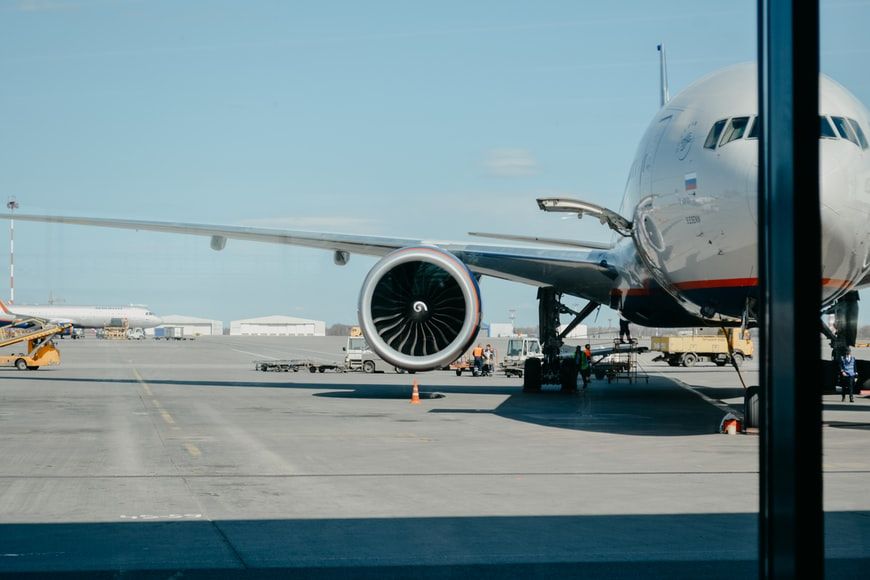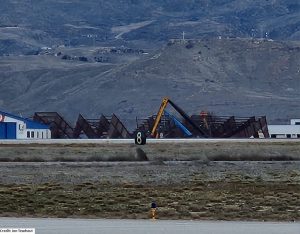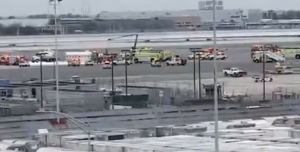Indian civil aviation industry is expecting the government to reduce taxes on jet fuel in the upcoming Union Budget to spur a recovery of the pandemic-battered sector.
The civil aviation sector is expecting a cut in taxes on aviation turbine fuel (ATF), which comprises 25%-40% of an airline’s operating cost, and other incentives. At present, some state governments charge as high as 25%-30% value-added tax (VAT) on ATF.
Also Read: Economic Survey presents pragmatic, encouraging assessment of economy: CII’s TV Narendran
According to a report by rating agency ICRA Ltd, the aviation industry expects financial support from the government and a reduction in levies and taxes in the immediate near term to revitalize operations and boost passenger traffic. Among its key expectations are reducing taxes on ATF and reducing airport charges, parking, landing, and navigation charges.
Also Read: Economic Survey 2021-2022: Key highlights and takeaways
In the aftermath of the Covid-19 pandemic, the aviation industry has been looking for most of these relief measures such as lowering of duties and VAT, reduction of the airport and air navigation charges, adding ATF under the ambit of the goods and service tax (GST) regime, and reduction of minimum alternate tax (MAT) for aviation and airport sector for the last few years.
Also Read: Union Budget 2022: A look at India’s most historic budgets
While most of these expectations remained unmet, the government announced tax incentives for aircraft leasing and financing from the International Financial Services Centre in Gujarat’s GIFT City in the last budget.
The upcoming Union Budget is expected to focus on improving connectivity through the Regional Connectivity Scheme (RCS), according to ICRA.
Also Read: Union Budget 2022: Amid Pegasus spyware controversy, Parliament session starts today; 10 points
ICRA in its report said, “The budget is also likely to focus on setting up new airports and expanding the existing airport capacities at some key airports to help address the current airport infrastructure constraints faced by the airlines and to improve connectivity with the underserved/unserved airports to boost tourism”.
Also Read: Budget 2022: Economic Survey projects 8-8.5% GDP growth in 2022-23
Airlines officials suggested the inclusion of ATF under GST with immediate effect, tax breaks, and eligibility for the input tax credit. Operating an airline in the current high-cost environment leaves no room for profits and makes it difficult to survive for weaker players.
According to aviation consultancy Capa India, airlines could report losses of $1.5-1.75 billion between October 2021 and March 2022.
Also Read: Pharma, Infra, Agriculture and other stocks likely to benefit from Budget 2022
Due to the rise in cases of the Omicron variant of coronavirus daily domestic air passenger traffic has declined steadily since the beginning of this month.







